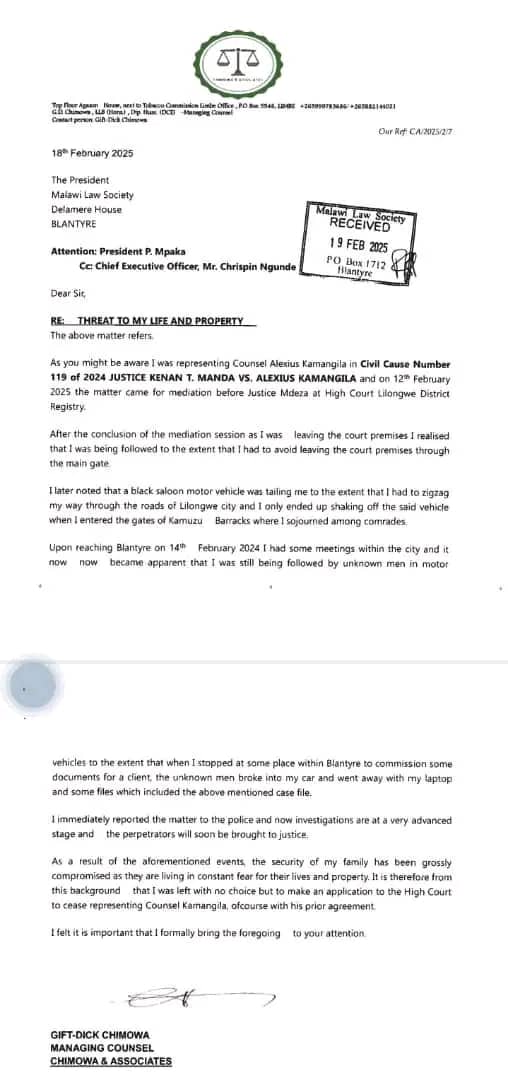By Twink Jones Gadama
In a scathing indictment of Malawi’s leadership, renowned political analyst Burnett Munthali has warned that the country is facing an unprecedented economic crisis, exacerbated by a crippling leadership vacuum. Munthali’s remarks came during a recent speech, in which he painted a grim picture of Malawi’s economic turmoil and the urgent need for decisive action.
According to Munthali, the average Malawian is struggling to survive amidst soaring prices of essential commodities, a devalued currency, fuel shortages, and a stagnant business sector. The situation is further compounded by a leadership crisis, characterized by indecisiveness, inaction, and a lack of accountability.
Munthali’s speech highlighted the devastating impact of the economic crisis on ordinary Malawians, who are being forced to make impossible choices between basic necessities like food, school fees, rent, and medical care. The private sector is also suffocating under the weight of high operational costs, with businesses closing their doors and throwing thousands into unemployment.
The transport sector, once the lifeline of commerce, is in disarray due to persistent fuel shortages, which has led to increased costs across nearly all economic sectors. Small-scale traders, who form the backbone of Malawi’s informal economy, are struggling to stay afloat, while agriculture, the foundation of the economy, continues to suffer from rising farm input costs and unpredictable climate conditions.
Munthali’s speech also emphasized the need for Malawians to take proactive steps towards a better future. He called on citizens to adapt to inflation, prioritize essential spending, and support locally produced goods. He also stressed the importance of entrepreneurship, agricultural resilience, forex generation, financial literacy, and investments.
Furthermore, Munthali emphasized the need for citizens to demand accountability from their leaders, actively engage in governance, and push for policies that benefit the people rather than the political elite. He warned that Malawi cannot afford another cycle of empty promises and failed reforms, and that the upcoming elections should be about competence and vision, rather than party loyalty.
Munthali’s speech has resonated with many Malawians, who are fed up with the state of governance in the country. His remarks have also sparked widespread debate, with many calling for urgent action to address the economic crisis and leadership vacuum.
According to The Economist Intelligence Unit, Malawi’s economic outlook remains highly uncertain, with inflation expected to remain high, albeit declining, and exchange-rate instability persisting.
The unit also warned that endemic corruption, a rising rate of poverty, and limited economic opportunities will provoke public protests in 2024.
In a recent interview, political commentator Rick Dzida expressed similar concerns, highlighting the need for strong leadership and decisive action to address Malawi’s economic challenges.
As Malawi teeters on the brink of economic collapse, Munthali’s speech serves as a strong warning of the urgent need for change. With the country’s future hanging in the balance, Malawians must rise up and demand better from their leaders. The question is, will they stand up and fight for a better tomorrow?
In related news, the World Bank has released its Malawi Economic Monitor, which provides an analysis of economic and structural development issues and prospects in Malawi.
The report highlights the need for Malawi to focus on boosting exports, attracting foreign investment, and increasing tourism revenue to stabilize the Kwacha and build foreign reserves.
As the situation in Malawi continues to unfold, one thing is clear: the country is at a crossroads, and the choices made today will determine its future. Will Malawians rise up and demand change, or will they continue to suffer under weak leadership and misguided policies?




